Sulfates are a common ingredient found in many hair care products, including shampoos and conditioners.
They are used as cleansing agents to help remove dirt and oil from the hair and scalp. However, recent studies have shown that sulfates can have negative effects on the hair and scalp, especially for black women.
In this article, we will explore the truth about sulfates and why black women should avoid them. By the end of this article you will be saying “no” to any products that contain sulfates.

What are sulfates?
Sulfates are a type of surfactant (cleanser), which means they help to break down and remove dirt and oil from the hair and scalp. The most common types of sulfates used in hair care products are sodium lauryl sulfate (SLS) and sodium laureth sulfate (SLES).
Why are sulfates bad for black women’s hair?
Sulfates can have a number of negative effects on black women’s hair and scalp, including:
1. Dry out the hair and scalp
Sulfates can strip the hair and scalp of their natural oils, leaving them dry and prone to breakage. This can be particularly damaging for black women’s hair, which is naturally more fragile and prone to breakage than other hair types.

2. Irritate the scalp
Sulfates can also irritate the scalp, causing itching, flaking, and inflammation. This can be especially problematic for black women, who are more likely to suffer from scalp conditions like dandruff and psoriasis.
3. Fade Hair Color
Sulfates can strip hair color from the hair, causing it to fade more quickly. This is particularly problematic if you use chemical treatments like relaxers or hair dye.

3. Damage the Hair
Sulfates can weaken the hair, making it more prone to breakage and damage. This can lead to split ends, frizz, and ultimately stop your ability to retain length.
What are the alternatives to sulfates?
Fortunately, there are several sulfate-free hair care products available that are safe and effective for black women’s hair.
Some cleansing alternatives to sulfates include:
Cocamidopropyl betaine
This is a gentle surfactant that is derived from coconut oil. It is effective at removing dirt and oil from the hair without drying it out or irritating the scalp. If you see it in your products, you can feel confident knowing that this is safe.
Disodium laureth sulfosuccinate
This is a mild cleanser commonly used in personal care products, including shampoos and conditioners. Unlike traditional sulfates, which can be harsh and damaging to the hair and scalp, DLS is a much gentler alternative that is less likely to cause dryness, irritation, or damage to the hair
Sodium C14-16 Olefin Sulfonate
This is a mild cleanser that is less likely to cause dryness or irritation than traditional sulfates. However, it works best in deep cleansing and clarifying shampoos because it works to remove buildup, oil and dirt from the hair and scalp. If you are heavy handed with your products and need a thorough cleansing, this is a suitable ingredient to have in your shampoo.
Decyl glucoside
This is a gentle surfactant that is derived from coconut oil. It is effective at removing dirt and oil from the hair without drying it out or irritating the scalp.
Sodium cocoyl isethionate
This is a surfactant that is derived from coconut oil. It is a mild cleanser that is gentle on the hair and scalp.
Disodium laureth sulfosuccinate
This is a mild cleanser commonly used in personal care products, including shampoos and conditioners. Unlike traditional sulfates, which can be harsh and damaging to the hair and scalp, DLS is a much gentler alternative that is less likely to cause dryness, irritation, or damage to the hair
In conclusion, sulfates can have a number of negative effects on black women’s hair. They can dry out the hair and scalp, irritate the scalp, fade hair color, and damage the hair. Fortunately, there are many sulfate-free hair care products available that are safe and effective for black women’s hair. When choosing hair care products, always look for sulfate-free options to ensure the health and vitality of your hair and scalp.
Latest posts by Brandelyn Green (see all)
- Everything You Need to Know About Moisturizing Oils Vs. Sealing Oils - February 15, 2024
- 4 Simple Tips To Slay Your Edges that You’ll Love - February 15, 2024
- 5 Benefits of Peppermint Oil That Will Make Your Hair Feel Like New - February 12, 2024
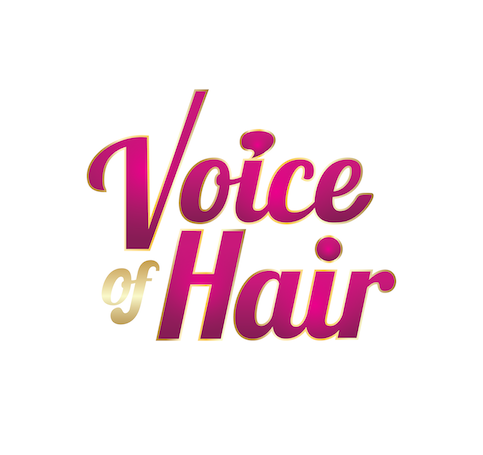

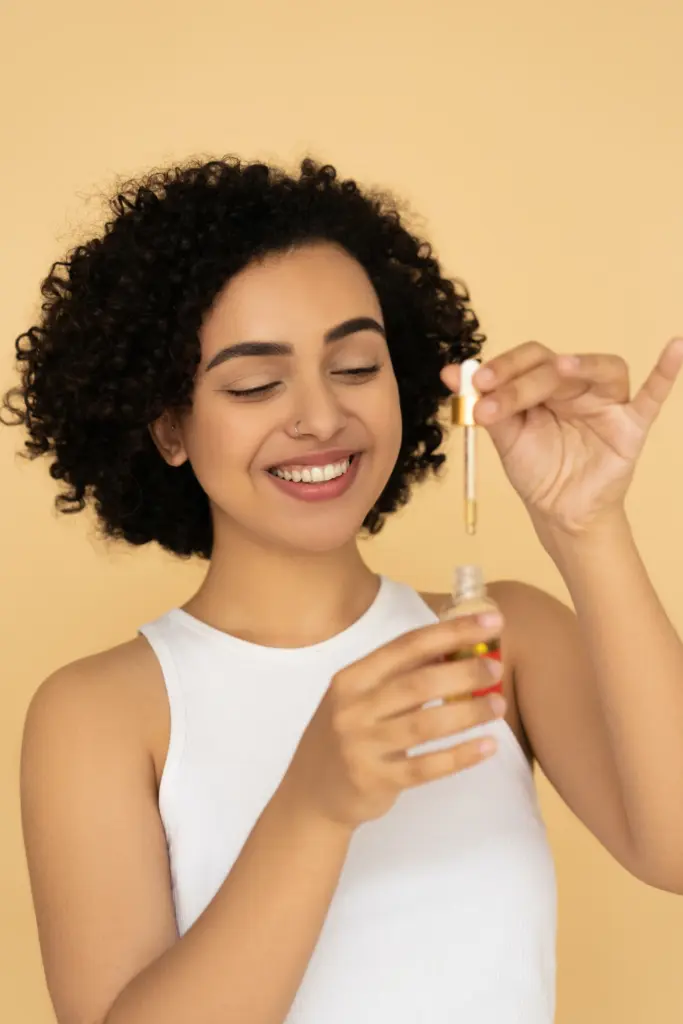

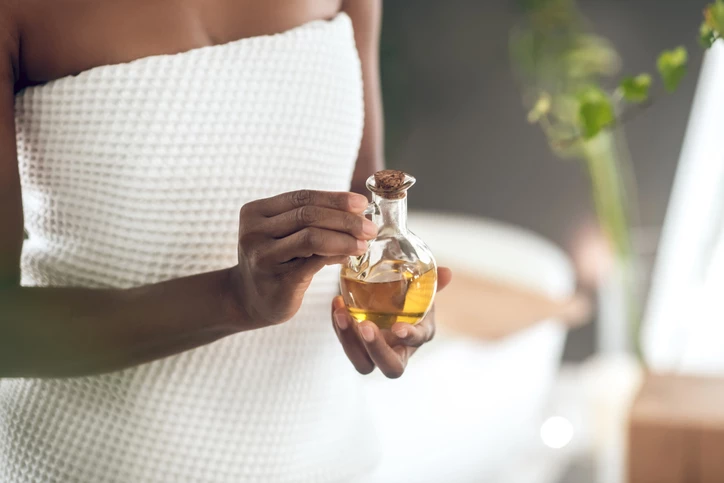

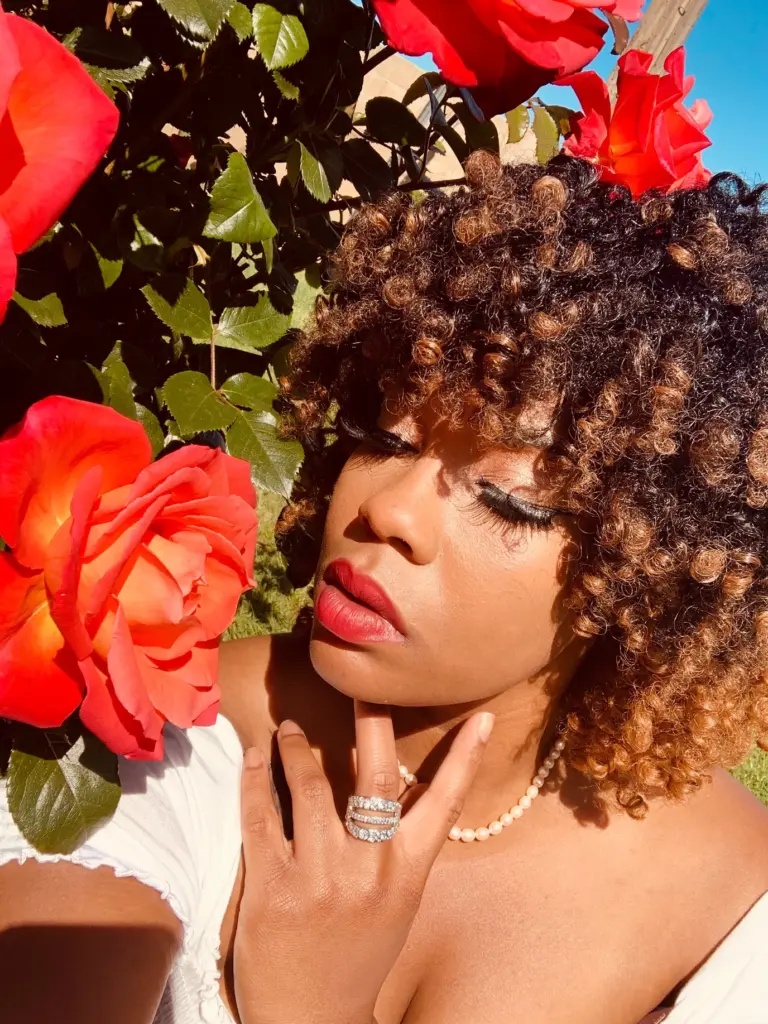
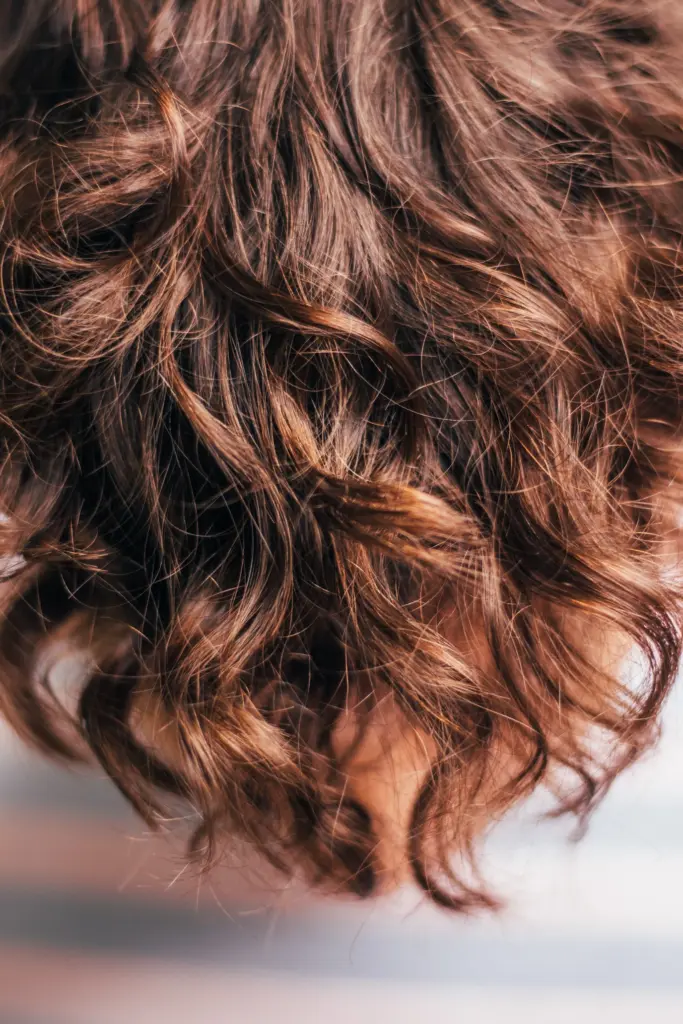
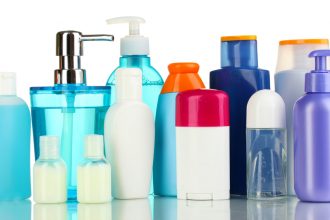
Facebook Comments